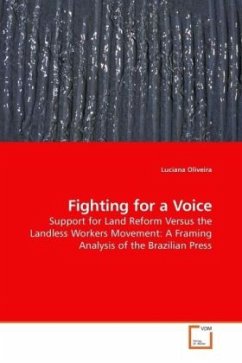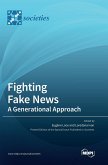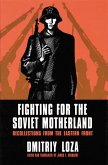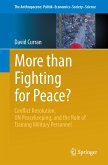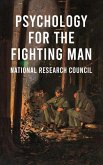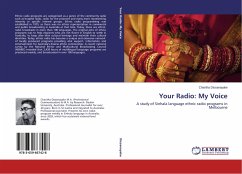In a society saturated by mass media, as the Brazilian society is, social movements depend on mass media to spread their word, thus enhancing their ability to gather support of public opinion. This thesis is an analysis of how the largest Brazilian social movement, the Landless Rural Workers Movements (MST), manages to publicize its worldviews through the press, and how the mainstream media in Brazil frame the MST and its activities. This research was conducted using framing analysis. The frames sponsored by the MST, as well as the two other actors involved in the land reform issue in Brazil the government and the counter-movement Rural Democratic Union (UDR) were analyzed and then compared with the frames used by the two largest newspapers in Brazil in their coverage of land reform. The findings of this research parallel the findings of a previous study of the American media coverage of the U.S. anti-nuclear movement. The Brazilian media tended to provide favorable coverage of the movement in its earlier stages, and unfavorable coverage once the movement became stronger and more likely to exert real political power. Some other factors, however, may influence the coverage.
Bitte wählen Sie Ihr Anliegen aus.
Rechnungen
Retourenschein anfordern
Bestellstatus
Storno

